”Because I could not stop for Death,
He kindly stopped for me;
The carriage held but just ourselves And Immortality“
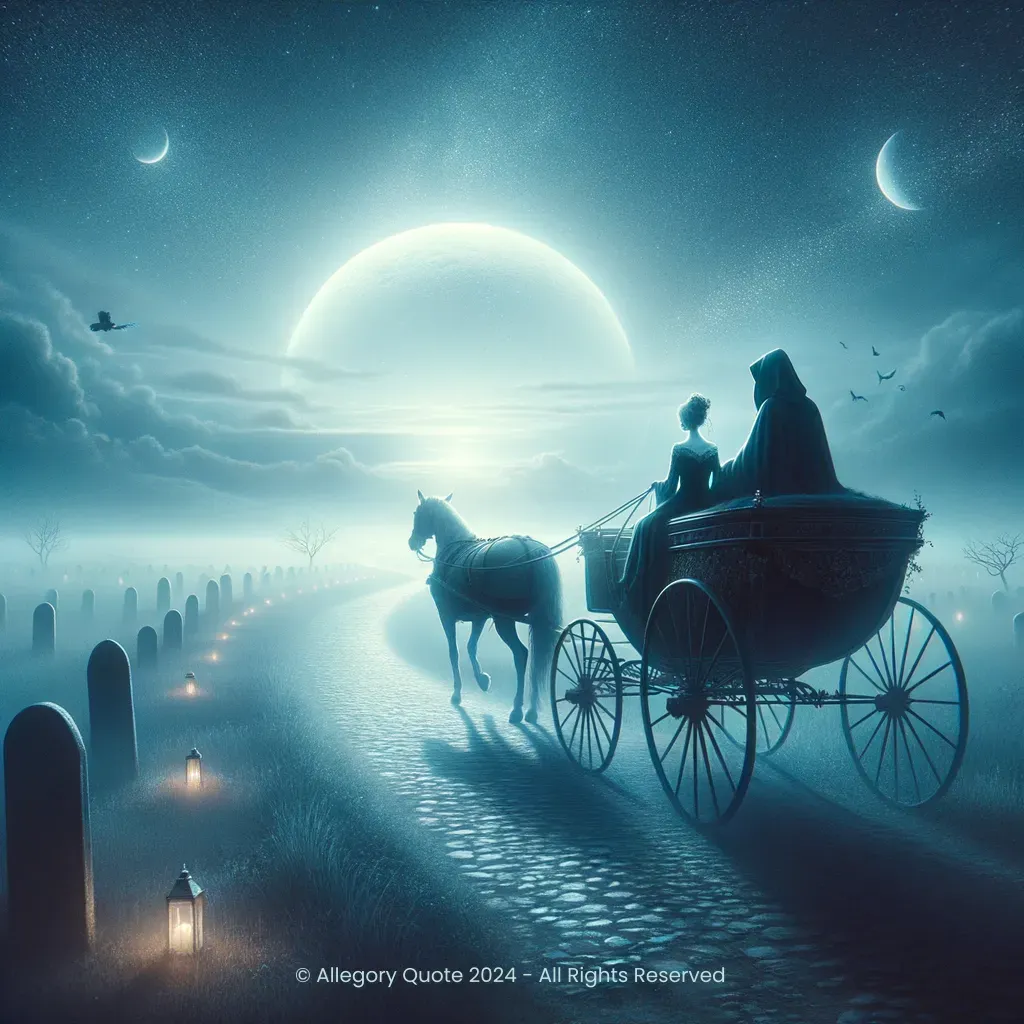
0
0
0
0
- Meaning
- This phrase personifies Death as a courteous and gentle figure who takes the speaker on a journey in a carriage. The carriage ride represents the passage from life to death, eventually leading to eternity ("Immortality"). Dickinson's portrayal of Death contradicts typical depictions—here, it is not a fearsome or abrupt ending but rather an inevitable, gentle, and even kind transition. The accompanying figure of Immortality suggests the lasting impact of one’s existence beyond physical life.
- Allegory
- The serene, moonlit path symbolizes the peaceful journey from life to death. The gentle, ethereal carriage represents the conveyance guided by Death, who is depicted as a compassionate figure. The ghostly silhouettes of past memories and achievements along the path signify the life the individual leaves behind, while the radiant horizon stands for the eternity that awaits. This image seeks to capture the essence of a tranquil and inevitable passage, invoking calm reflection rather than fear, emphasizing the kindness and gentle transition facilitated by Death and the continuation towards immortality.
- Applicability
- The interpretation of Death as a gentle guide instead of a frightening end can offer comfort and a different perspective on mortality. It suggests that one should live life fully without fear because death is a natural part of existence that leads to an eternal legacy. Applying this understanding can help individuals embrace life's experiences and face mortality with less apprehension.
- Impact
- This poem has had a profound impact on American literature and poetry. Emily Dickinson’s work, including this poem, has inspired countless writers and poets. It is frequently studied in literature courses for its innovative form and poignant themes. The phrase itself is often cited in discussions about death, the afterlife, and the human condition, influencing cultural perceptions of mortality.
- Historical Context
- Emily Dickinson wrote this poem around 1863, during the American Civil War, a period that deeply influenced her work. Despite not publishing her poems during her lifetime, her unique style and themes became immensely influential in the late 19th and 20th centuries. The philosophical and meditative nature of her poetry reflected the era's existential ponderings and explorations of the human condition.
- Criticisms
- Some interpretations of the poem question whether Dickinson’s portrayal of Death may be overly romanticized, potentially trivializing the subject. There's also an ongoing debate over the religious implications and how closely her views align with traditional or atheistic perspectives on death and immortality. Critics sometimes argue about Dickinson's ambiguous stance on these matters.
- Variations
- There are interpretations of this poem in various cultures that bring distinct perspectives on the concept of death. In many Eastern philosophies, such as Buddhism, death is seen as a transition to another state of being rather than an end. Native American cultures often view death as part of a cyclical process, reflecting interconnectedness with nature and the cosmos. These interpretations can often introduce additional layers to understanding Dickinson’s poem.
-

To wear one's heart on one's sleeve.
-
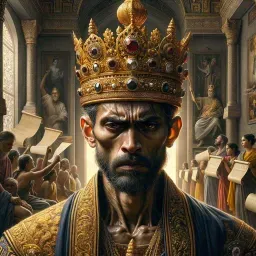
Heavy is the head that wears the crown.
-
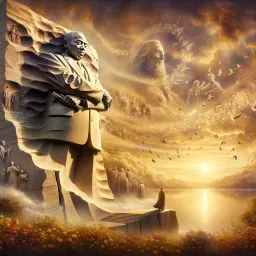
What we do in life echoes in eternity.
-
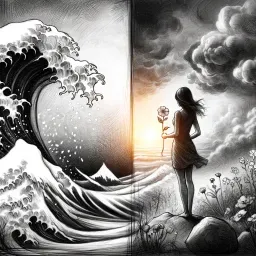
While there's life, there's hope.
-

As You Like It.
-
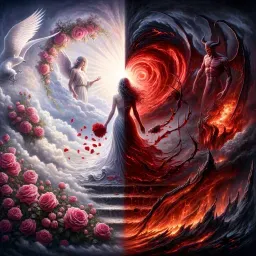
Heaven has no rage like love to hatred turned, nor hell a fury like a woman scorned.
-
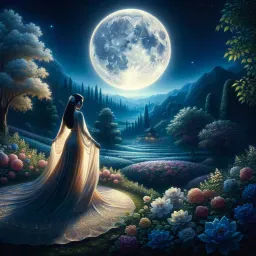
She walks in beauty, like the night.
-
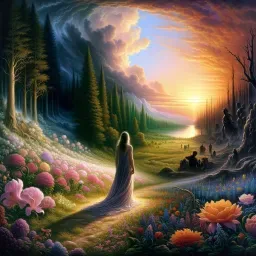
Parting is all we know of heaven, and all we need of hell.
-
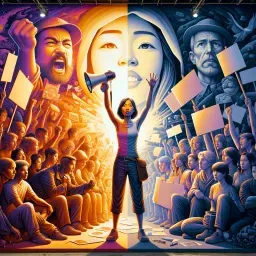
In the end, we will remember not the words of our enemies, but the silence of our friends.
-

Honesty is the best policy.
-
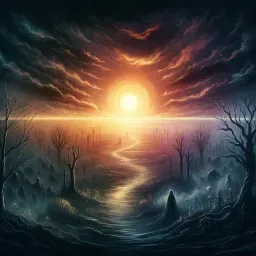
Even the darkest night will end, and the sun will rise.
-
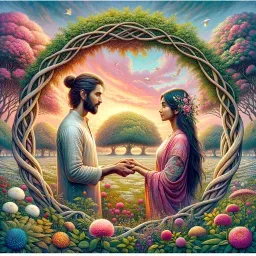
The only way to have a friend is to be one.
No Comments